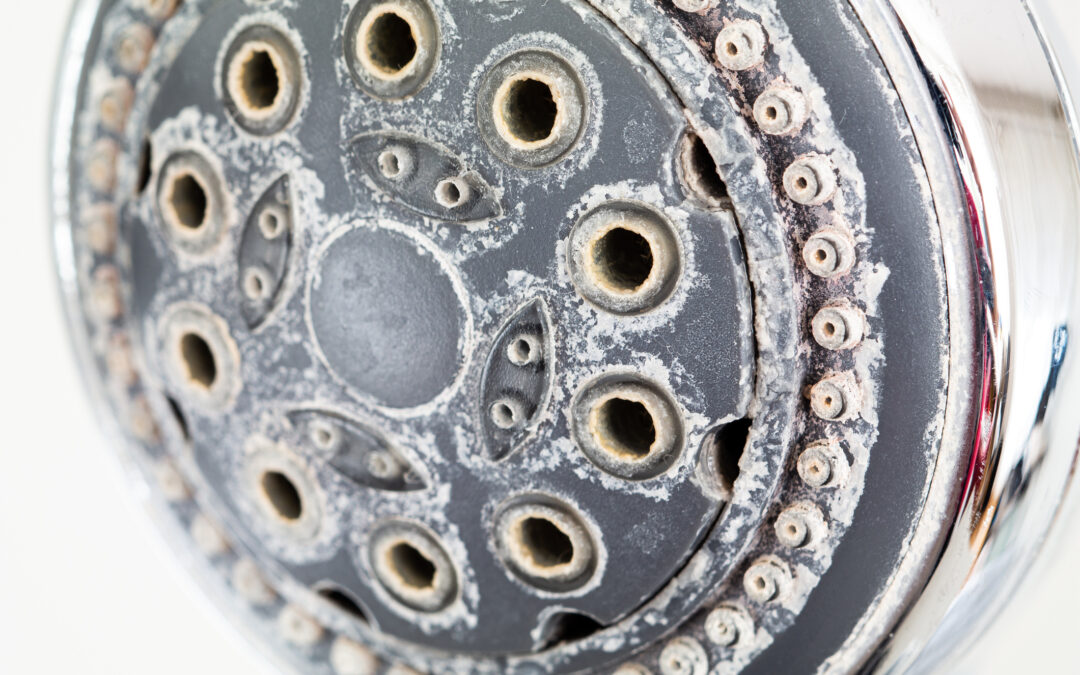Hard water is a common issue that many homeowners face, but its impact on your plumbing system can often go unnoticed until it’s too late. If you’ve ever seen white, chalky residue on your faucets or struggled with soap not lathering well, you’ve likely experienced the effects of hard water. But beyond these surface issues, hard water can cause serious damage to your plumbing and appliances over time. Let’s dive into how hard water affects your home and what you can do to protect your plumbing system.
What is Hard Water?
Hard water contains high levels of minerals like calcium and magnesium, which are picked up as water moves through soil and rock. While these minerals aren’t harmful to your health, they can wreak havoc on your plumbing and appliances.
How Hard Water Affects Your Plumbing System
- Pipe Blockages The minerals in hard water build up inside your pipes over time, forming a layer of scale. This narrows the diameter of the pipes, leading to reduced water flow, lower water pressure, and eventually blockages. In severe cases, the buildup can become so significant that pipes need to be replaced.
- Shortened Appliance Lifespan Hard water can also damage appliances that use water, like dishwashers, washing machines, and water heaters. The minerals cause scaling on the internal parts of these appliances, making them work harder to heat or move water. This added strain can shorten the lifespan of your appliances and lead to costly repairs or replacements.
- Increased Energy Costs Scale buildup in water heaters is particularly problematic. It acts as an insulator, making it harder for the heating element to transfer heat to the water. This means your water heater has to work longer and use more energy to reach the desired temperature, leading to higher energy bills.
- Leaky Fixtures and Faucets Hard water can cause mineral deposits to form around faucets, showerheads, and valves. These deposits wear down seals and gaskets, leading to leaks over time. Even a small drip can waste hundreds of gallons of water per year and increase your utility bills.
- Soap and Detergent Inefficiency The minerals in hard water prevent soap from lathering properly, which means you’ll need to use more soap or detergent to get the job done. This can lead to buildup in drains and even contribute to clogs, not to mention the frustration of constantly buying more cleaning products.
What You Can Do About Hard Water
The good news is that there are effective solutions to combat the negative effects of hard water on your plumbing and appliances.
- Install a Water Softener A water softener is one of the most effective ways to deal with hard water. It works by removing calcium and magnesium ions and replacing them with sodium or potassium ions, resulting in “soft” water. This not only prevents scale buildup in your pipes and appliances but also helps soap and detergents work more effectively.
- Regular Plumbing Maintenance If you live in an area with hard water, it’s crucial to have your plumbing system inspected regularly. A plumber can check for signs of scale buildup and address minor issues before they turn into major problems. Regular flushing of your water heater, for example, can help remove sediment buildup and maintain its efficiency.
- Use Vinegar for Cleaning For small scale buildups on faucets, showerheads, and other fixtures, regular cleaning with vinegar can help dissolve the minerals. Soak removable parts in vinegar for a few hours, then scrub them clean. This is a simple, low-cost way to keep your fixtures working smoothly.
- Descale Your Appliances Many appliances, such as dishwashers and washing machines, offer cleaning cycles that use specialized descaling agents to remove mineral buildup. Running these cycles regularly can help extend the life of your appliances and keep them operating efficiently.
- Showerhead Filters Installing a showerhead filter can reduce the impact of hard water on your skin and hair. These filters help trap minerals, giving you a better shower experience and preventing the buildup of scale in your shower.
If you suspect hard water is affecting your plumbing, don’t hesitate to contact Just Plumbing to assess the situation and recommend the best course of action.
